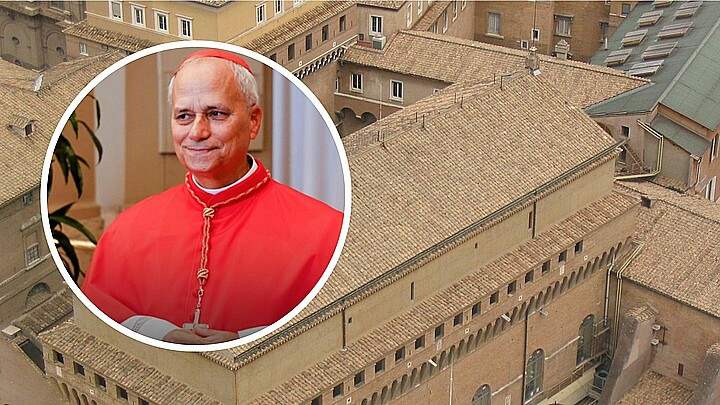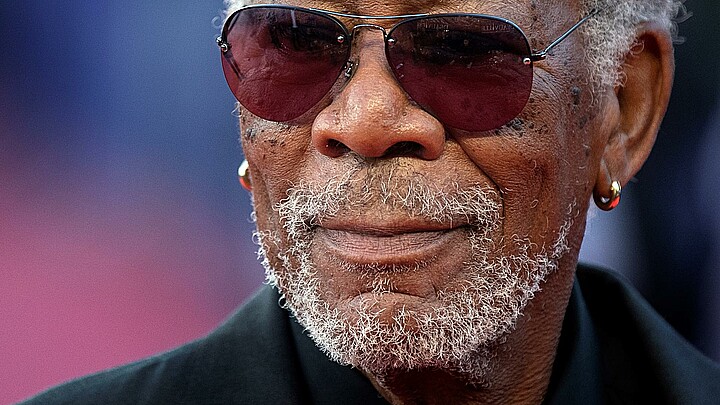Culture
1619 Project author charged library $40k for 45 min speech, sending it over-budget
The controversial publication reframed the founding of the United States around slavery.
October 29, 2022 8:19pm
Updated: October 29, 2022 9:15pm
Former New York Times writer Nikole Hannah-Jones was paid $40,000 for a 45-minute speech at a high school near the university she works at – and threatened a $100,000 penalty if it was recorded.
The Daily Wire reports that her speech was part of a three-hour event in September at Washington Liberty High School in Arlington, Virginia, which is only eight miles from Howard University, where she is a tenured professor.
Hannah-Jones also had an opportunity to promote her new book, The 1619 Project: A New Origin Story.
Although it was held at a school, the talk was part of a program run by the Arlington Public Library. The exorbitant speaking fee reportedly sent the library over budget by $7,500.
Internal communications reviewed by the Daily Wire showed that Hannah-Jones’ speech created tensions between the library and Friends of the Library, the non-profit that raises money to fund library activities like author events,
The 1619 Project, which reframes the founding of the United States around protecting the right to own slaves, has been controversial since it was first published in The New York Times Magazine in Aug. 2019. Historians have criticized Hannah-Jones, who is not a historian, have criticized the premise as an “unbalanced, one-sided account” that lacks important “context and perspective.”
The contract with Hannah-Jones also forbid any recording of the event with a $100,000 penalty for any violation.
Protect the Public’s Trust, a government watchdog group, said the fee Hannah-Jones charged was unusually high.
“The $40,000 they paid to one particular speaker, which put the program over budget, is an eye-popping amount for a local library to spend on such a controversial figure,” Chamberlain told the Daily Wire.
“Only Arlington residents can determine the wisdom of this decision, but transparency is a necessary first step for them to make that determination.”










